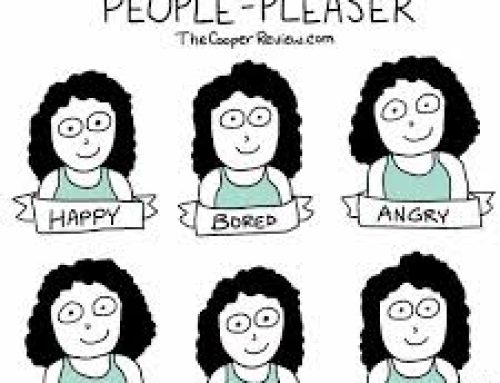
Sleep and productivity are seemingly interdependent. We’ve all heard it is important to get a good night’s sleep; although most of don’t hold this value sacred. We make allowances for disruptions in our sleep, and become frustrated when we are unable to function effectively at work, in relationships or to get sleep the next night.
Studies have looked at lack of sleep and its connection to anxiety, and found that sleep problems may not be a product of anxiety but a reason it continues to occur (Psychology Today May/June 2020). Additional outcomes associated with poor sleep can include a lessening of pain tolerance by as much as 15 percent and a reduction in your ability to manage emotions effectively.
Knowing what is a healthy amount and what could be a problem is key. Typical estimates include:
So, what can you do to make this happen? There are many schools of thoughts from supplements to behavior interventions. Let’s break down a few. Supplements that can be helpful include:
What you do is important. Sleep and productivity can be impacted by a few simple behaviors including:
Lastly, be compassionate with yourself. Nothing amplifies a problem more than focusing on it and the impact it might have. If you are stuck with running thoughts, consider trying to simply close your eyes and imagine a calming place and guide your thoughts through this experience. This type of guided dreaming can help you focus on pleasant things and not on the elusive sleep you are craving. Before you know it, you will be on your way to a great night’s sleep.

Stephanie Phillips, LCMHCS, NCC, CCTP
Psychotherapist & Owner
The Mindly Group, PLLC






